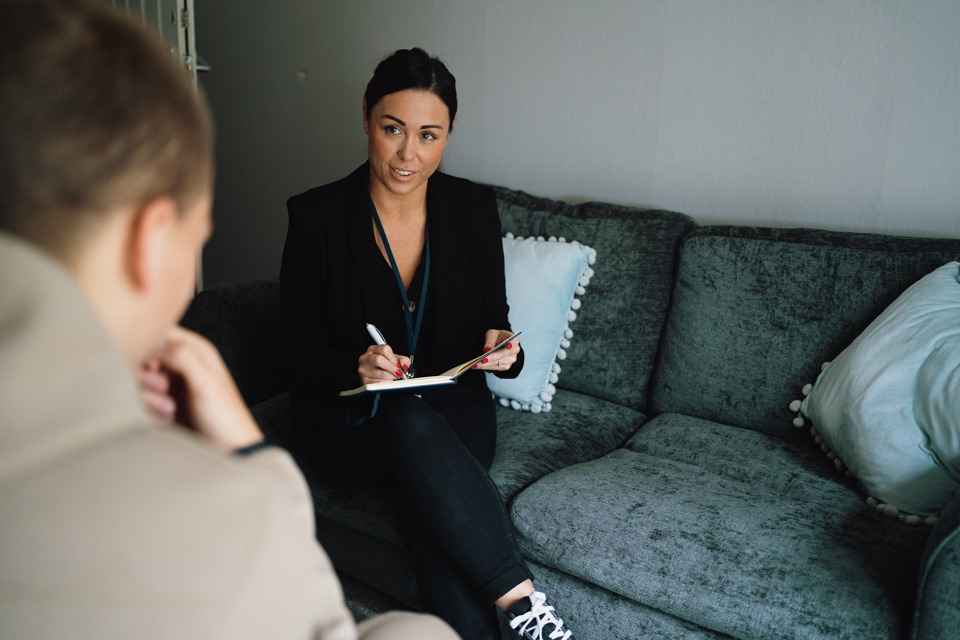Our children and young people may have experienced early years adversity, which often leads to attachment, trauma, and mental health difficulties, impacting life chances and opportunities. This means that the possibility of criminal behaviour, addiction, homelessness, etc. in adult life is higher.
Without intervention, these young people may therefore face serious challenges in their adolescence and adulthood, including harm to self and others. Our Forensic Psychology Team assesses, formulates, and intervenes with those engaging in harmful behaviours and assists them to find positive pathways out of adolescence and adult adversity. The aim is to support our children to develop into healthy individuals who can contribute to a safer and happier society.
